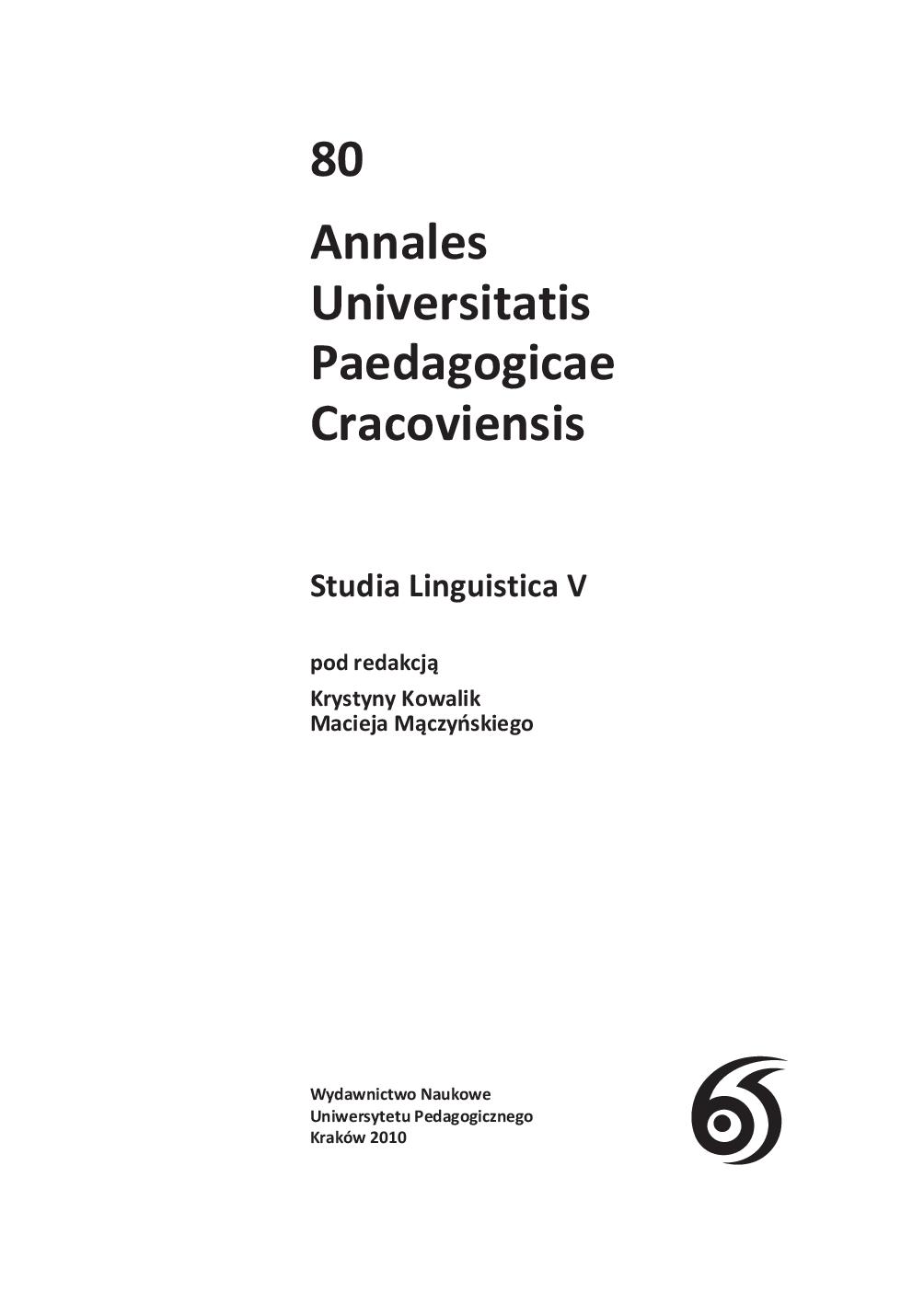Гродно в дневниках Зофьи Налковской
Main Article Content
Abstract
to the pages of best works: ”Ściany świata”, ”Niedobra miłość”, ”Granica”, and ”Węzły życia”.
The writer’s five-year stay in the Neman river region enriched her works, the source of which
was her diary. It became an important document of the epoch, in which the author is both the
narrator and the main character.
In her diary, Nałkowska reveals the secrets of her private life, and at the same time shows
the provincial world and her social work, taking care of prisoners in the local prison; she also
devotes a lot of attention to the local people. She tries to understand why her predecessor,
Eliza Orzeszkowa, did not want to leave the place. Considerable attention is also paid to Józef
Piłsudski’s visit in her home: the writer was fascinated by Piłsudski both as an interesting
personality, and as a distinguished politician.
Downloads
Article Details
Author, submitting a text to the editorial board of the journal “Annales Universitatis Paedagogicae Cracoviensis. Studia Linguistica", certifies that the content of the article has not been published so far and that the work does not violate in any way the copyright or related rights of other person, as well as other rights of third parties, and that no one's rights to the work (or any part thereof) have been missed. After signing the contract, the property rights to the published materials are transferred to the Scientific Publisher of the University of the National Education Commission, Krakow.
“Annales Universitatis Paedagogicae Cracoviensis. Studia Linguistica” is an open access journal, and all its content is made available free of charge to users and institutions under the Creative Commons CC-BY-NC-ND 4.0 license (attribution, non-commercial use, no derivative works). Under this license, the authors agree that their work may be lawfully reused for any purpose, except for commercial purposes, without the prior consent of the author or publisher. Everyone can read, download, copy, print, distribute and process these works, provided that the author's marking and the original publication place are correct. Published texts may not be used to create derivative works (e.g. to translate and publish in another language without the consent of the publisher). This is in line with the BOAI (Budapest Open Access Initiative) definition. "Studia Linguistica" does not charge for submitting or processing articles.
